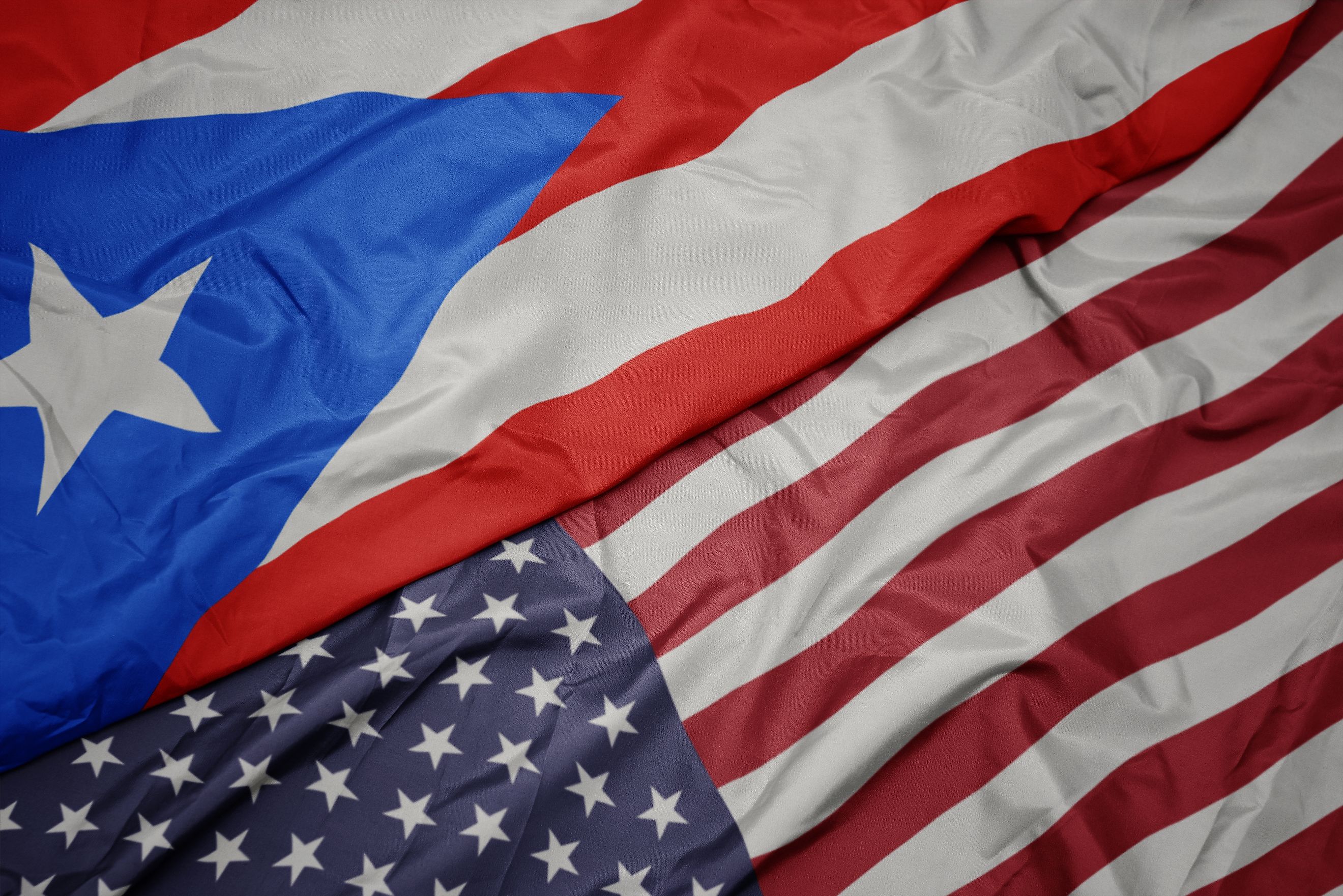
Is Puerto Rico In The US?
Puerto Rico is a tropical island paradise filled with palm-fringed beaches, rich history, and vibrant culture. But when it comes to geography and politics, many Americans are left asking the same question: Is Puerto Rico in the US?
The short answer: Yes, Puerto Rico is part of the United States. But the full story is more nuanced—and more fascinating—than most people realize.
Learn about what Puerto Rico’s political status really means, explore its unique relationship with the mainland US, and answer some of the most commonly asked questions about visiting, living in, and understanding this extraordinary island.
Puerto Rico Is a US Territory—But Not a State
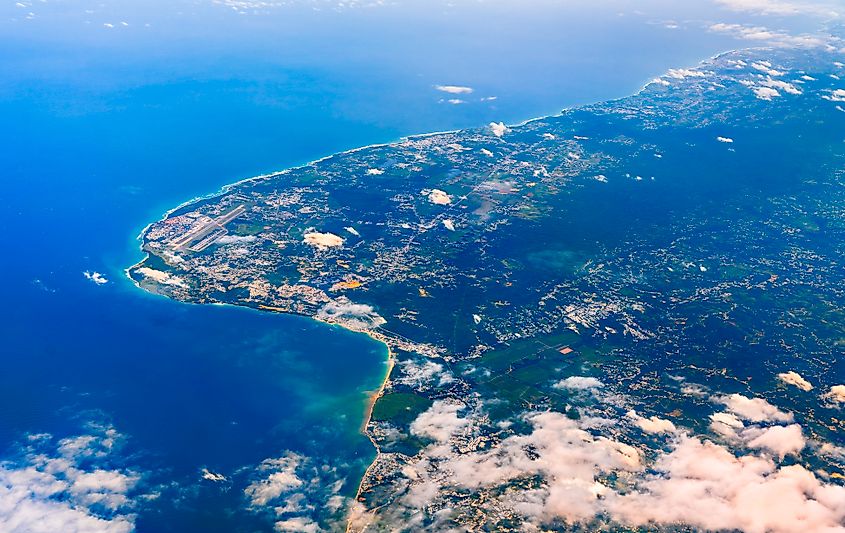
Puerto Rico is an unincorporated territory of the United States. That means it's under US sovereignty but is not a US state.
The island became a US territory in 1898 following the Spanish-American War, when Spain ceded Puerto Rico to the US under the Treaty of Paris. Since then, the relationship between the island and the mainland has evolved—but it has remained politically unique.
What Does “Unincorporated Territory” Mean?
The term means Puerto Rico is governed by the US federal government, but only parts of the Constitution automatically apply. Puerto Ricans are US citizens, yet they don’t have the same representation in Congress, and they can’t vote in presidential elections unless they live on the mainland.
Yes, Puerto Ricans Are US Citizens
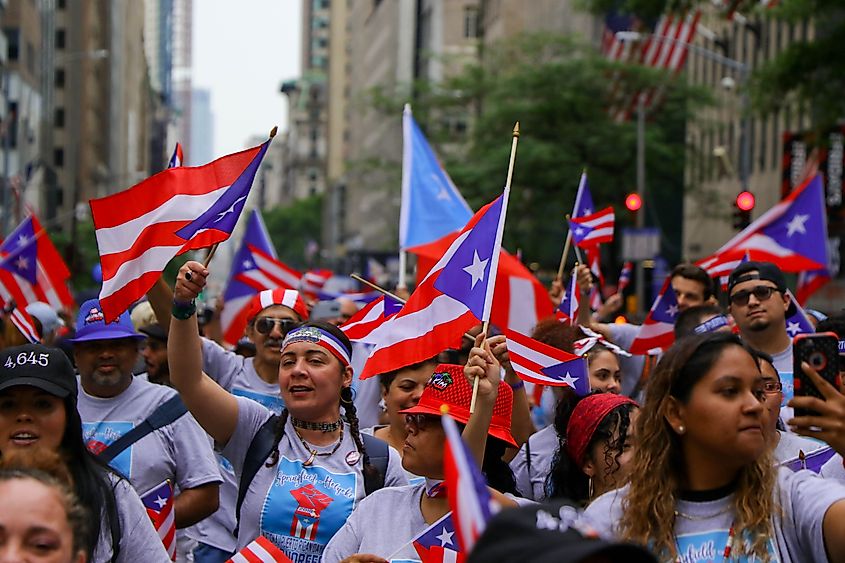
One of the most important facts to understand: Puerto Ricans are American citizens.
Thanks to the Jones-Shafroth Act of 1917, everyone born in Puerto Rico is granted US citizenship at birth. This means:
-
They can travel freely between the island and the US mainland.
-
They can hold US passports.
-
They are eligible for most federal programs and services.
However, because Puerto Rico is not a state, citizens on the island experience certain limitations in voting rights and federal funding.
Government and Representation
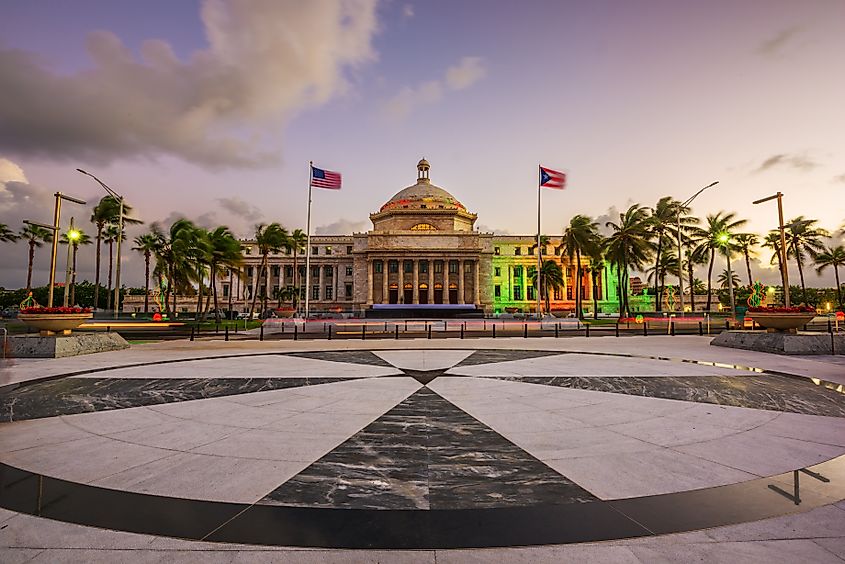
Puerto Rico has its own local government, including a governor and a bicameral legislature. It also elects a Resident Commissioner to the US House of Representatives. But here’s the catch:
-
The Resident Commissioner can speak in Congress but cannot vote on final legislation.
-
Puerto Ricans do not have US Senators.
-
They cannot vote in US presidential elections unless they are living in one of the 50 states or D.C.
This lack of full federal representation has long been a topic of debate and activism.
Statehood vs. Independence: An Ongoing Debate

The question of Puerto Rico’s political future has sparked intense debate on the island for decades. Three main political views dominate:
-
Statehood – Becoming the 51st US state.
-
Enhanced Commonwealth – Remaining a territory but with greater autonomy.
-
Independence – Becoming a fully sovereign nation.
Puerto Rico has held several non-binding referendums on the issue. The most recent, in 2020, saw a majority (52%) vote in favor of statehood. However, since only Congress can grant statehood, no formal change has occurred.
Is Puerto Rico Part of the US for Travel?
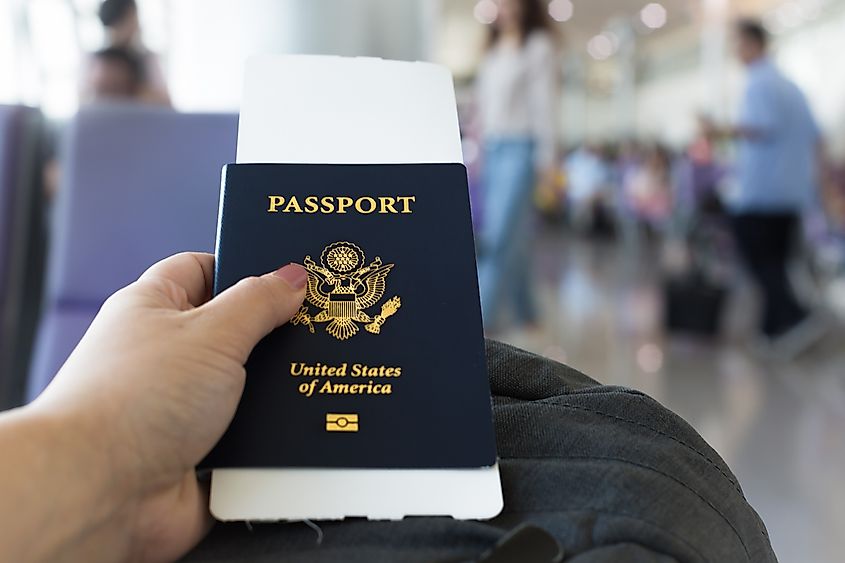
Yes—and this is a big deal for travelers.
If you're a US citizen, you can travel to Puerto Rico without a passport, visa, or going through customs. Flights are treated like domestic travel, just like flying to Florida or California.
Here’s what makes Puerto Rico travel-friendly:
-
Currency: US Dollar (USD)
-
Cell service: Most US carriers provide service with no roaming fees
-
Language: Spanish is primary, but English is widely spoken
-
No international travel requirements for Americans
Does Puerto Rico Pay Federal Taxes?
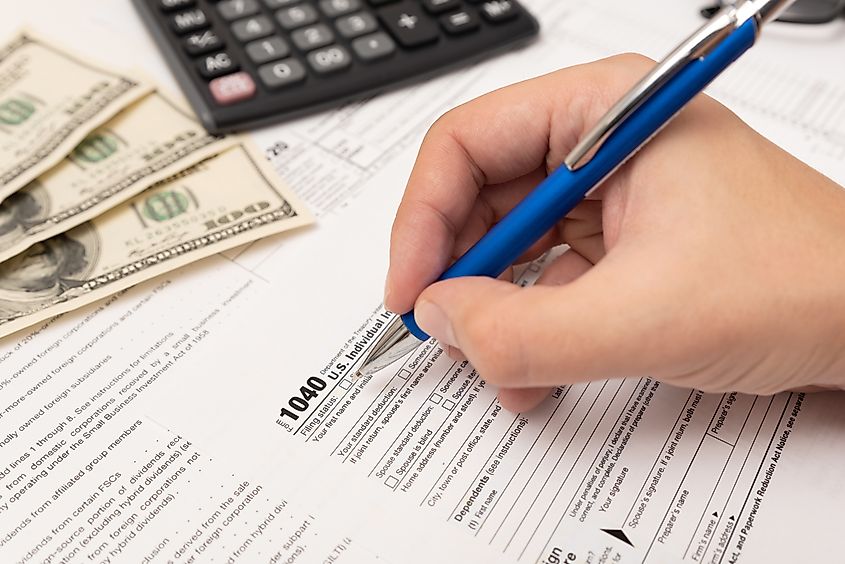
This is one of the most misunderstood aspects of Puerto Rico’s relationship with the US.
Residents of Puerto Rico:
-
Do not pay federal income taxes on income sourced within Puerto Rico.
-
Do pay federal taxes on income sourced from the mainland.
-
Do pay Social Security, Medicare, and other payroll taxes.
-
Do pay local income taxes to the Puerto Rican government.
However, because they don’t pay full federal income taxes, Puerto Rico receives less federal funding for certain programs like Medicaid and Supplemental Security Income (SSI).
What About Natural Disasters and Federal Aid?
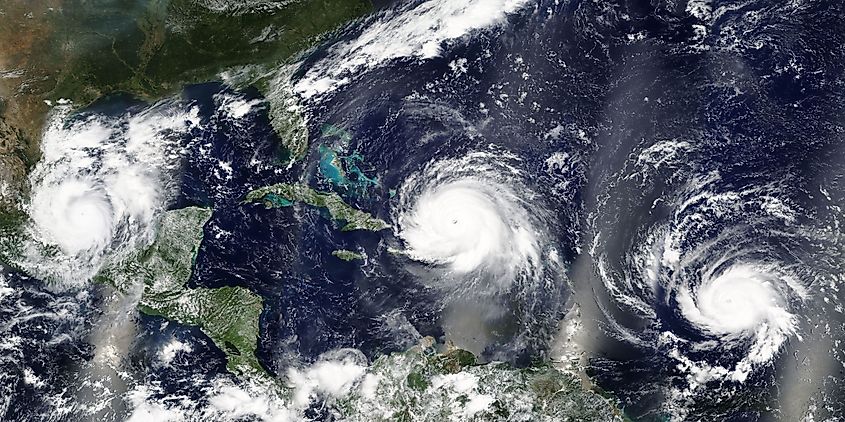
Puerto Rico, like other US territories and states, is eligible for federal disaster aid. After Hurricane Maria in 2017, Puerto Rico received billions in federal assistance, though the response was widely criticized as slow and inadequate.
The disaster exposed the vulnerabilities of the island’s infrastructure and its complicated position in the federal system.
Key Differences Between Puerto Rico and the Mainland
While Puerto Rico is part of the US, it retains its own distinct identity, culture, and legal nuances. Here are a few things that set it apart:
| Category | Puerto Rico | Mainland US |
|---|---|---|
| Political Status | Unincorporated US Territory | 50 States & D.C. |
| Federal Voting Rights | No presidential voting; limited Congress role | Full voting rights |
| Official Languages | Spanish & English | Primarily English |
| Legal System | US Federal + Puerto Rico Civil Law Mix | US Common Law |
| Citizenship | US Citizenship (since 1917) | US Citizenship |
| Currency | US Dollar | US Dollar |
Why It Matters
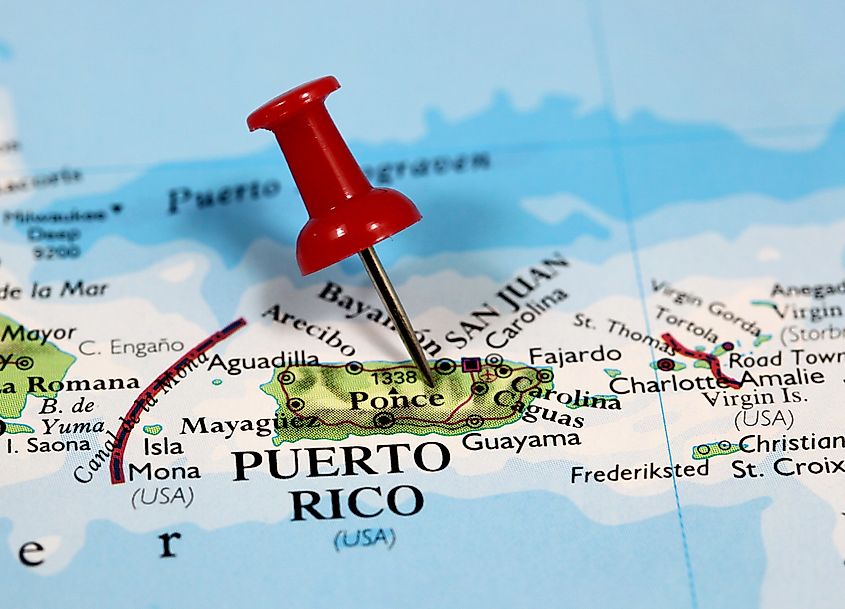
Understanding Puerto Rico’s unique position helps clarify many of the myths and misconceptions that persist about the island. While it's not a state, Puerto Rico is undeniably part of the US—legally, politically, and culturally.
This affects everything from how we travel, to how policies are made, to how Americans connect with fellow citizens who happen to live on a Caribbean island.
FAQs About Puerto Rico and US Status
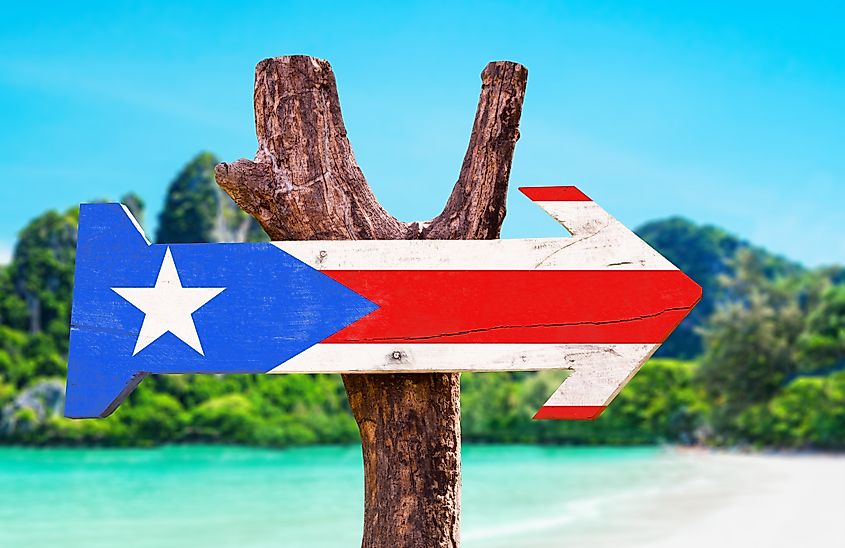
Is Puerto Rico in the United States?
Yes, Puerto Rico is a US territory and its residents are US citizens.
Do you need a passport to go to Puerto Rico?
No, US citizens do not need a passport to travel to Puerto Rico.
Can Puerto Ricans vote in US elections?
Not in presidential elections unless they live on the mainland. They do vote in local elections and select a non-voting member of Congress.
Does Puerto Rico pay US taxes?
They pay payroll and local taxes but not full federal income tax unless they earn mainland income.
Will Puerto Rico become a state?
It’s possible, but only Congress can approve statehood. Several referendums have shown public support, but no action has been taken yet.
A US Island With Global Appeal
Puerto Rico is part of the United States—but it’s unlike anywhere else in the country.
Its mix of Spanish colonial heritage, Caribbean climate, and US infrastructure makes it one of the most unique places in the Americas. Whether you're a tourist planning your next beach getaway, a curious citizen, or just wondering why Puerto Rico doesn’t have a star on the US flag—now you know the deeper story.
Puerto Rico may not be a state, but it is undeniably American.